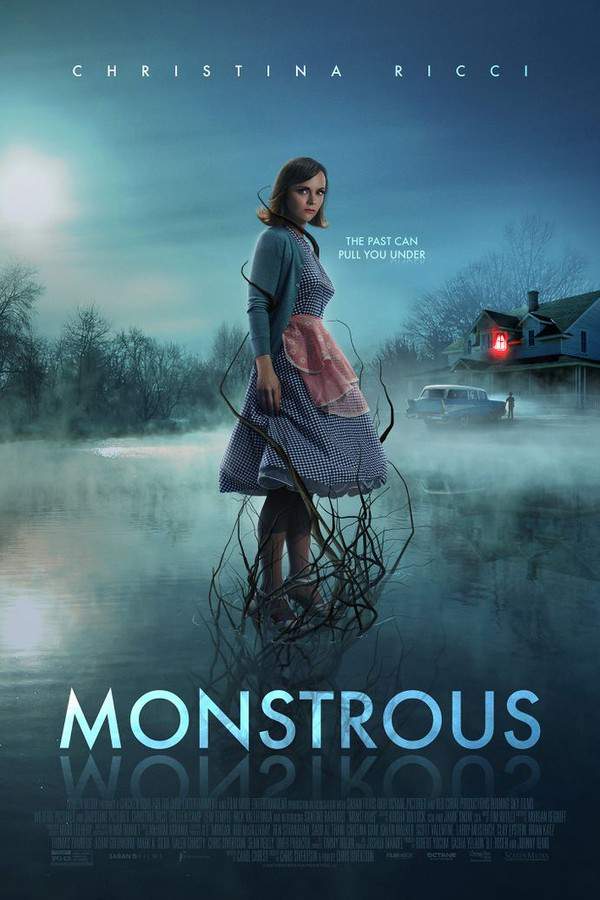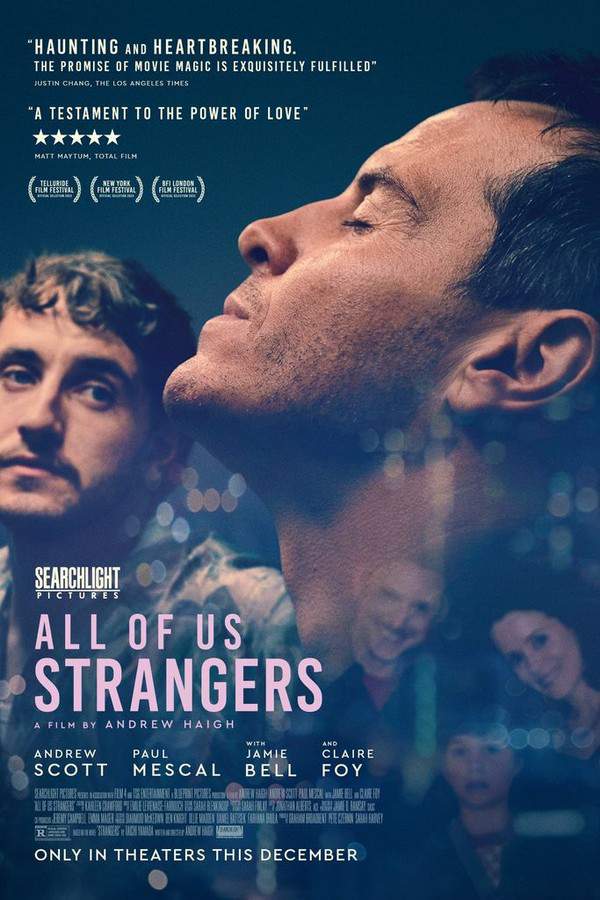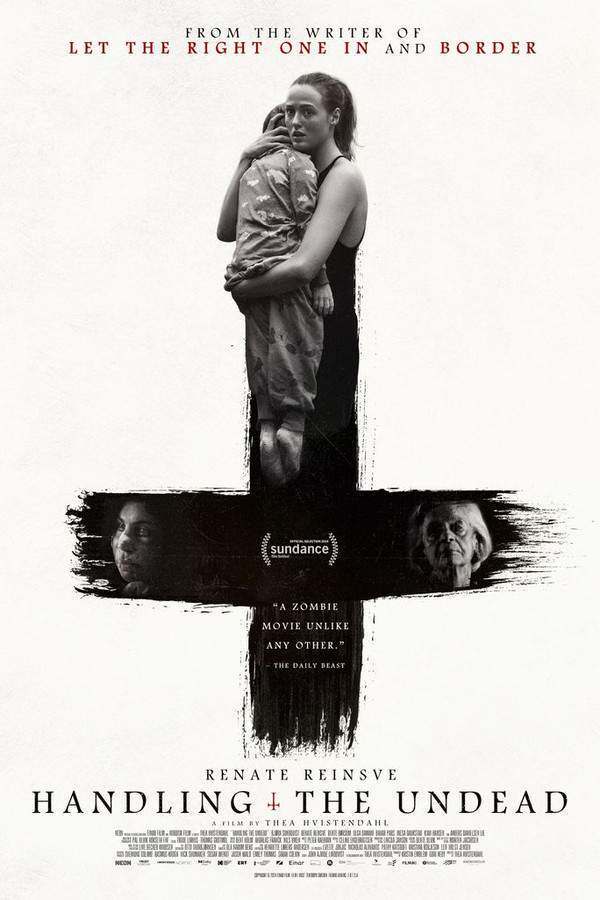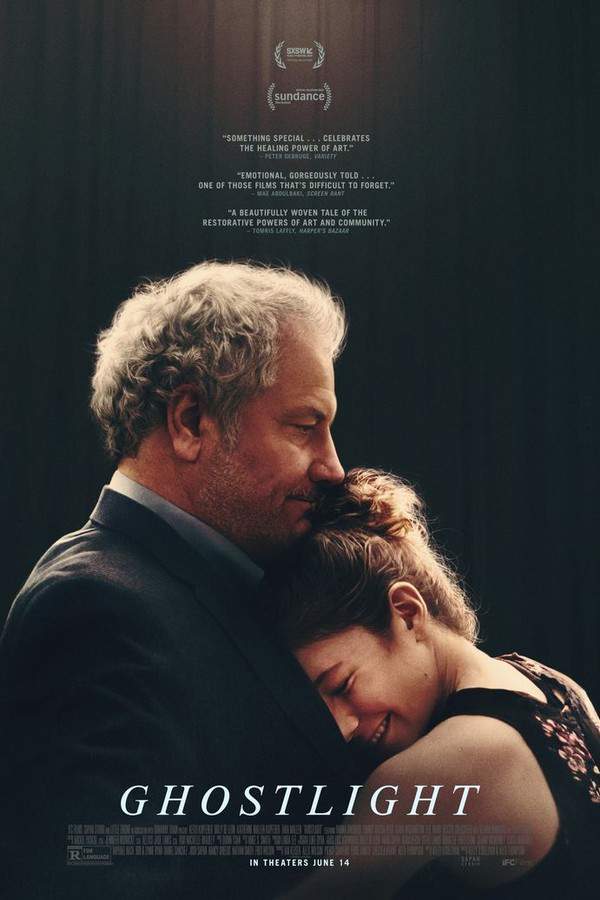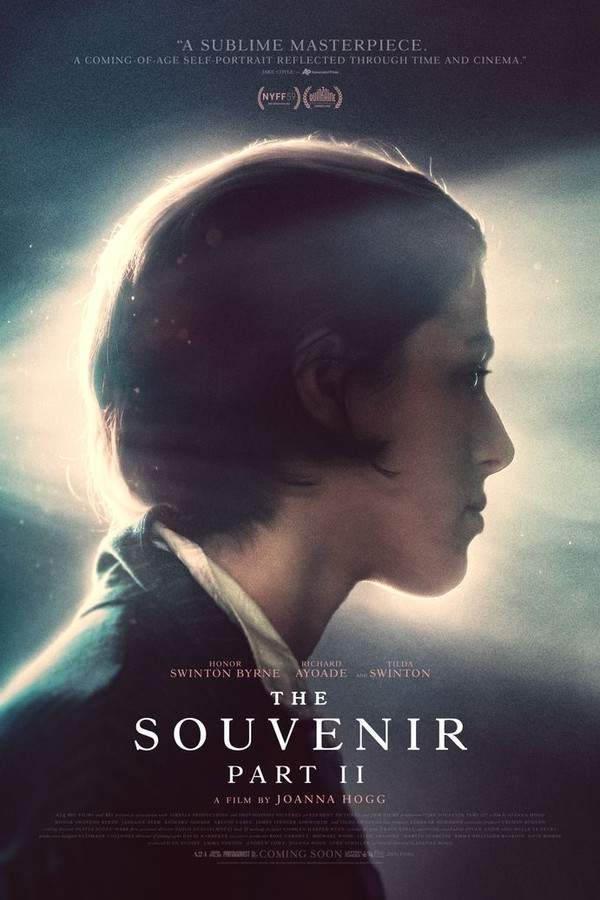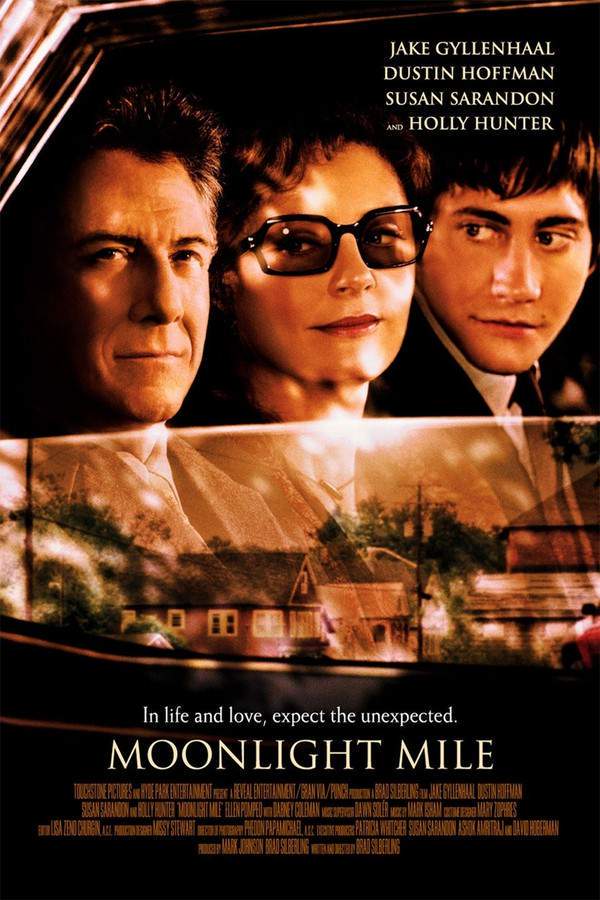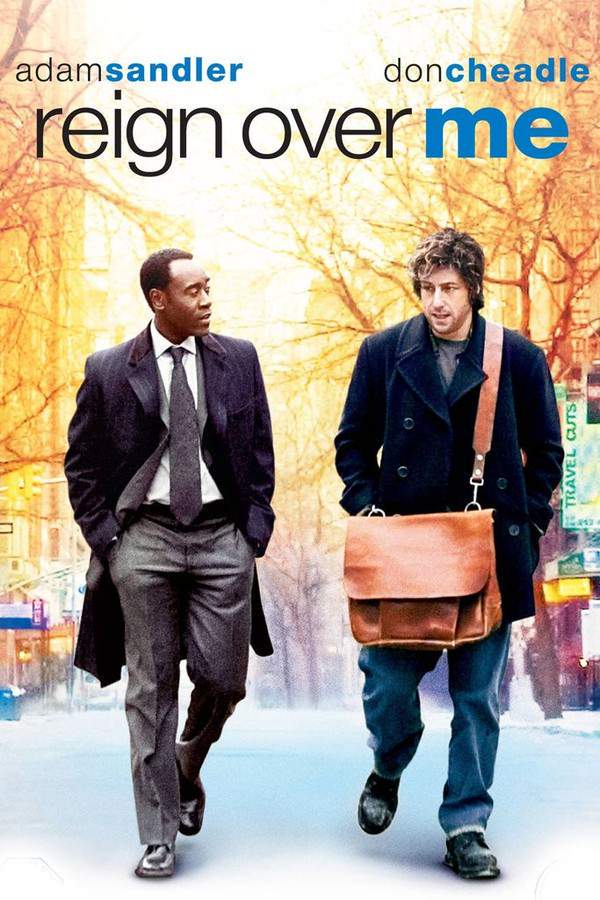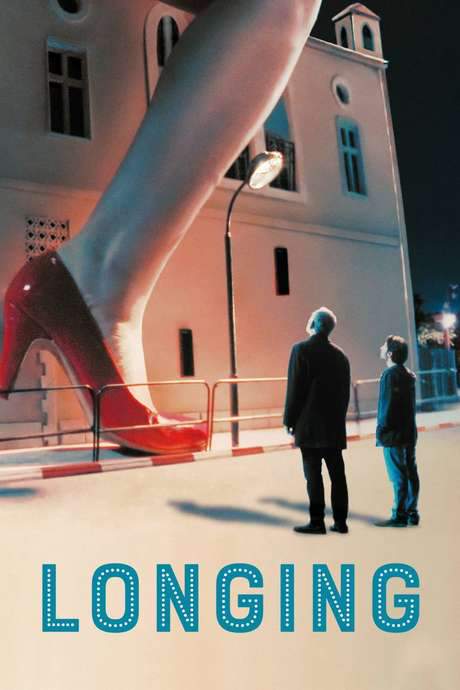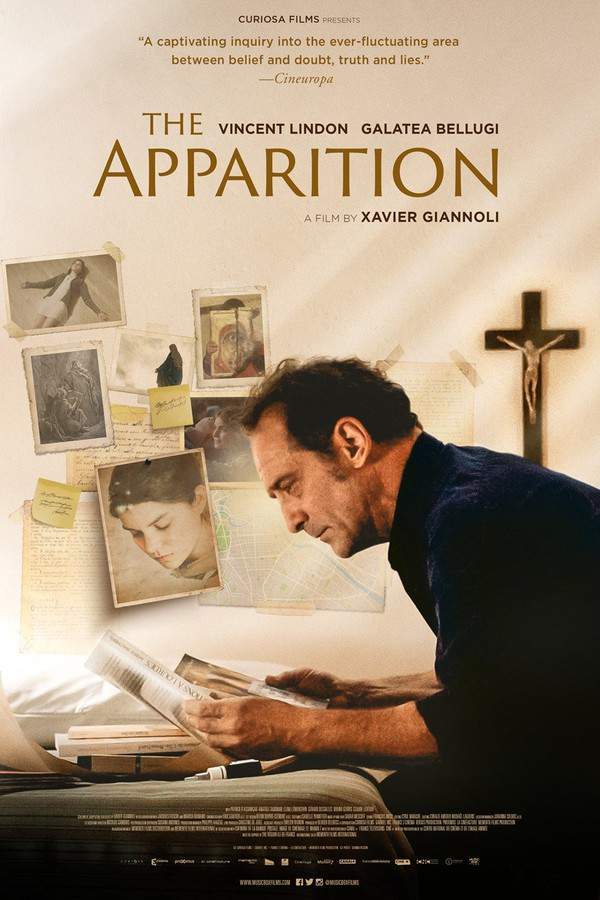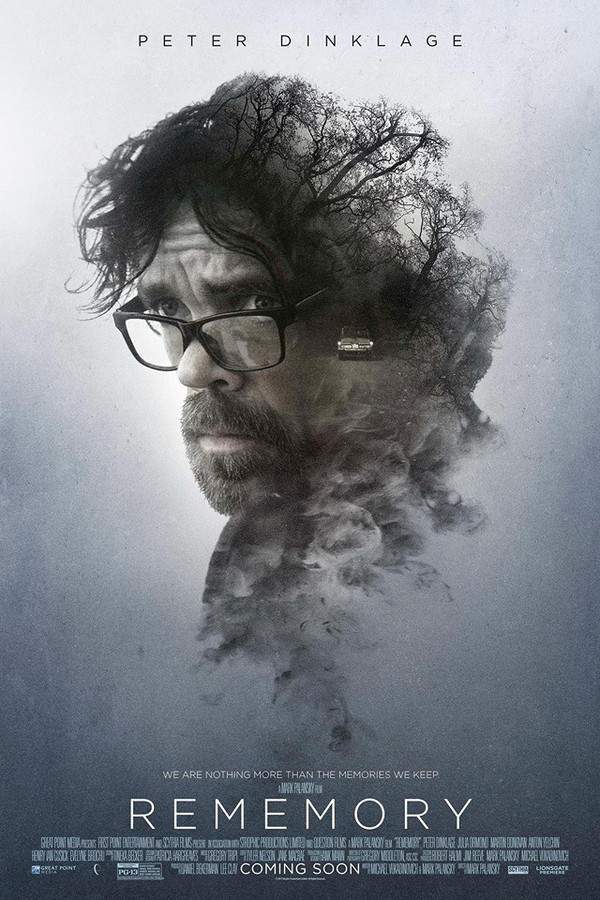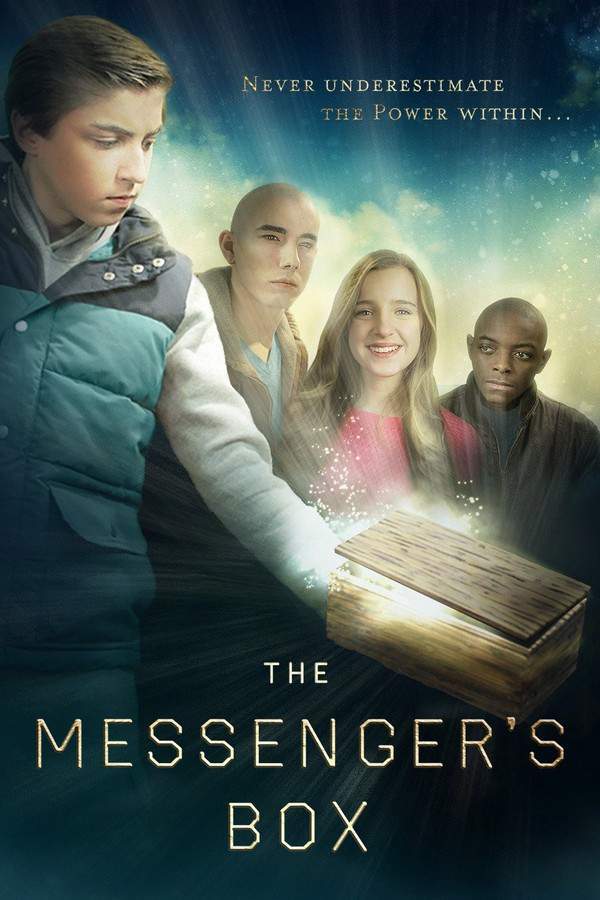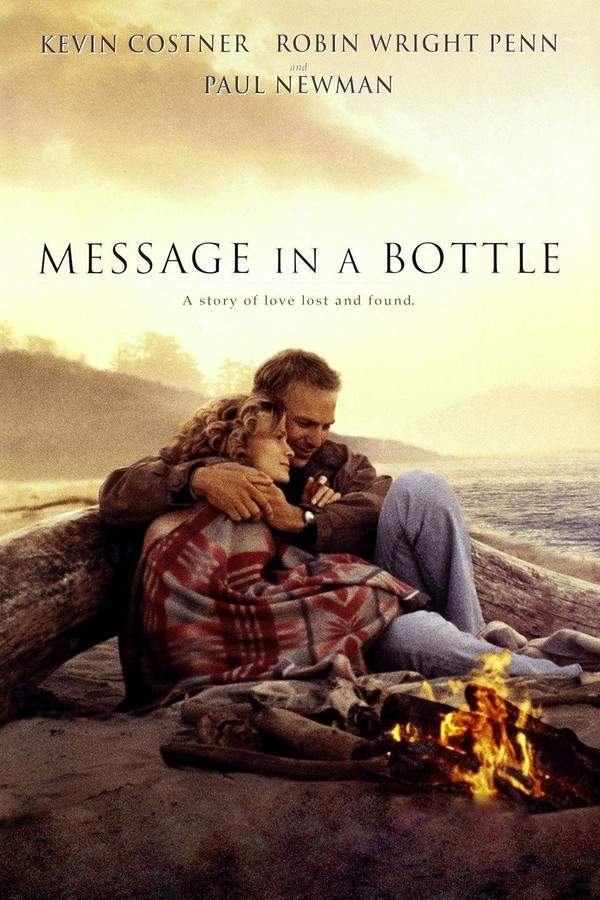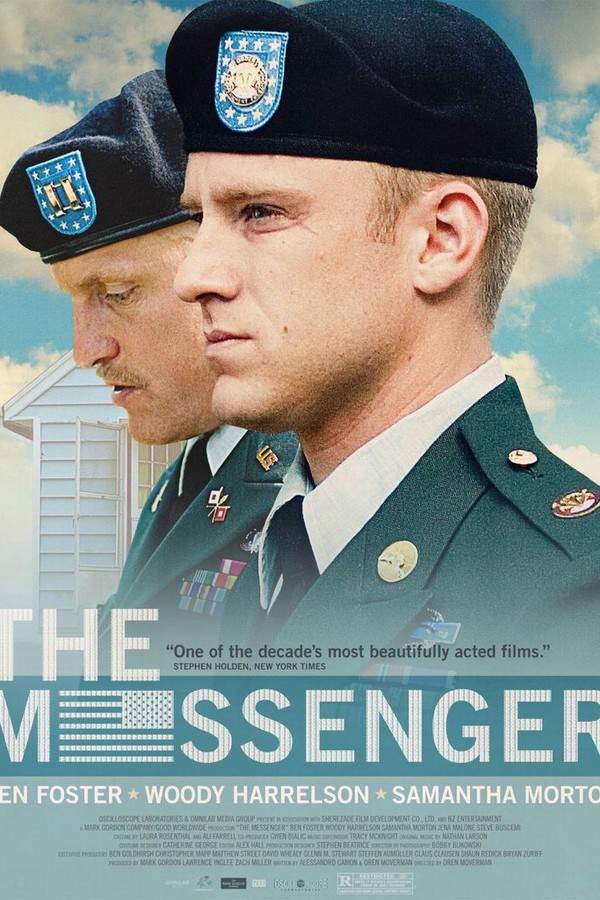
The Messenger
Year: 2015
Runtime: 89 min
Language: Polish
Director: Su Rynard
A man struggling with personal turmoil finds an unusual purpose helping the recently deceased communicate with their loved ones. As he assists them in delivering final messages, he is forced to confront his own painful past while grappling with the profound responsibility of connecting the living with those who have passed.
Warning: spoilers below!
Haven’t seen The Messenger yet? This summary contains major spoilers. Bookmark the page, watch the movie, and come back for the full breakdown. If you're ready, scroll on and relive the story!
The Messenger (2015) – Full Plot Summary & Ending Explained
Read the complete plot breakdown of The Messenger (2015), including all key story events, major twists, and the ending explained in detail. Discover what really happened—and what it all means.
After his father’s death by suicide, Jack discovers a unsettling gift: the ability to see and speak with souls who have not yet “gone into the light.” These wandering voices begin to press him into a grim vocation—becoming their Messenger, delivering their final words to the living. Each time Jack speaks, the results are rarely pretty. He tells the truth, but the honesty often wounds the living, leading to outraged family members at funerals, or even retaliation and violence against him. He makes it clear that his motive isn’t some quiet heroism; it’s a desperate attempt to shed the torment of the souls who haunt him. Yet the more he tries to wash his hands of the job, the more the spirits cling, until the toll—physical, emotional, and social—becomes nearly unbearable.
Through jagged, interlaced flashbacks, we learn that Jack’s early life was shadowed by instability. As a child he drifted in and out of psychiatric clinics and hospitals, and as an adult he often skips his prescribed medications, preferring to numb the ache with alcohol. These past and present struggles frame his fragile psyche, and they complicate how others read his abilities. Among the people who come to rely on him is Mark, a high-profile reporter whose own life is cut short under suspicious circumstances. Mark explains that his death was staged as a suicide after being attacked by hooded figures, and he reveals a crucial, troubling detail: he knows about the baby Sarah carries, the child that isn’t his. Mark asks Jack to reach out to Sarah and bid him farewell, pressing him to deliver a message that could alter the course of a fragile family. This revelation intensifies Jack’s inner conflict and destabilizes his already precarious grip on reality.
The crisis deepens when Jack is arrested after Sarah, overwhelmed by grief and fear, calls the police. In custody, he meets with a psychiatrist who urges him to retell his story and confront the roots of his visions. As Jack revisits the pattern of pain—how his father’s death shaped his own bitterness and how his mother became a focal point for that anger—he begins to see a potential path to healing. The portrait of his father shifts: it isn’t a simple tale of parental tragedy, but a man wrestling with anger that was projected outward. Just as Jack starts to accept help, Mark returns with a pressing demand: he must help Sarah, who is teetering on the edge of suicide by overdose. Jack’s initial resistance melts under the weight of the moment, and he eventually delivers a desperate plea for intervention, screaming for help to come now. The emergency response arrives, saving Sarah’s life, and Jack is sedated as the crisis is arrested.
Although the psychiatrist remains skeptical about the reality of Jack’s powers, other figures—notably a constable and Jack’s sister Emma—grow to believe that there is something genuine about what Jack experiences. This shift in belief marks a turning point, as the family begins to treat Jack’s abilities not as madness alone but as part of a broader, if mysterious, force at work in their world. Emma, in a tender gesture that hints at reconciliation with the past, brings Jack a crystallized bug globe—a small keepsake of their father—an object that grounds him and helps him start to let go. In this moment, Jack begins to move toward a place of acceptance and healing, implying a future where he can coexist with the memories that haunt him.
Meanwhile, a new thread enters the story: Jack’s nephew Billy. Like his uncle, Billy possesses the gift of seeing lost souls, yet he has kept this burden largely to himself. Billy confesses that he is haunted by the ghost of a boy who drowned in his family’s pool, a memory that foreshadows danger and a troubling connection to the past. The narrative closes on a chilling note: Billy reappears alongside the phantom child, while Emma uncovers a newspaper clipping that documents a death connected to the swimming pool at their home. The juxtaposition of present and past, of spectral visitors and tangible danger, leaves the family aware that the supernatural and the real-world consequences of grief are never truly separate.
In the end, the story stays true to its core through a steady, empathetic gaze at loss, memory, and the uneasy peace that can come from facing what we refuse to let go. Jack’s journey is less about triumph over the dead than about learning to live with their whispers, to seek help when the weight becomes too heavy, and to recognize that even in darkness, there can be a path toward connection, responsibility, and a chance to mend the broken pieces of a family.
Last Updated: October 09, 2025 at 16:15
Explore Movie Threads
Discover curated groups of movies connected by mood, themes, and story style. Browse collections built around emotion, atmosphere, and narrative focus to easily find films that match what you feel like watching right now.
Movies about supernatural burdens like The Messenger
Characters grappling with mental health find their trauma intertwined with a dark gift.If you liked The Messenger, you might enjoy these movies where characters with extraordinary gifts are haunted by their past. Discover similar stories about grief, mental health, and the heavy responsibility of connecting with the supernatural.
Narrative Summary
Stories in this thread typically follow a protagonist whose paranormal ability is intrinsically linked to their unresolved trauma. Their journey involves navigating cases that force them to face their own pain, leading to a catharsis that is often bittersweet and emotionally exhausting.
Why These Movies?
These movies are grouped together because they share a specific mix of high emotional intensity, melancholic tone, and a plot where supernatural elements serve as a direct metaphor for psychological pain. The pacing is often steady, focusing on character development over action.
Movies about confronting grief like The Messenger
Stories where helping others through loss leads to a fragile personal peace.Find more movies like The Messenger that explore the difficult process of confronting grief. These films feature heavy emotional journeys and bittersweet endings, focusing on characters who find purpose in helping others while healing their own trauma.
Narrative Summary
The narrative pattern involves a wounded protagonist who, often reluctantly, takes on a role that involves death or profound loss. By guiding others through their pain, the character is repeatedly exposed to the very emotions they've been avoiding, culminating in a climax where they must finally face their own history to achieve a tenuous peace.
Why These Movies?
This grouping is defined by a shared thematic focus on grief and loss, a heavy emotional weight, and a consistent bittersweet ending feel. The movies have a steady, deliberate pacing that allows for deep emotional exploration without providing easy answers.
Unlock the Full Story of The Messenger
Don't stop at just watching — explore The Messenger in full detail. From the complete plot summary and scene-by-scene timeline to character breakdowns, thematic analysis, and a deep dive into the ending — every page helps you truly understand what The Messenger is all about. Plus, discover what's next after the movie.
The Messenger Timeline
Track the full timeline of The Messenger with every major event arranged chronologically. Perfect for decoding non-linear storytelling, flashbacks, or parallel narratives with a clear scene-by-scene breakdown.

Characters, Settings & Themes in The Messenger
Discover the characters, locations, and core themes that shape The Messenger. Get insights into symbolic elements, setting significance, and deeper narrative meaning — ideal for thematic analysis and movie breakdowns.

The Messenger Spoiler-Free Summary
Get a quick, spoiler-free overview of The Messenger that covers the main plot points and key details without revealing any major twists or spoilers. Perfect for those who want to know what to expect before diving in.

More About The Messenger
Visit What's After the Movie to explore more about The Messenger: box office results, cast and crew info, production details, post-credit scenes, and external links — all in one place for movie fans and researchers.

Similar Movies to The Messenger
Discover movies like The Messenger that share similar genres, themes, and storytelling elements. Whether you’re drawn to the atmosphere, character arcs, or plot structure, these curated recommendations will help you explore more films you’ll love.
Explore More About Movie The Messenger
The Messenger (2015) Scene-by-Scene Movie Timeline
The Messenger (2015) Movie Characters, Themes & Settings
The Messenger (2015) Spoiler-Free Summary & Key Flow
Movies Like The Messenger – Similar Titles You’ll Enjoy
The Father (2021) Detailed Story Recap
Persona (1967) Detailed Story Recap
Personal Shopper (2017) Ending Explained & Film Insights
The Apparition (2018) Detailed Story Recap
End of Sentence (2020) Full Movie Breakdown
Still Life (2015) Complete Plot Breakdown
Memoir of a Murderer (2017) Film Overview & Timeline
Rememory (2017) Film Overview & Timeline
The Messengers (2007) Complete Plot Breakdown
Message in a Bottle (1999) Complete Plot Breakdown
Living with the Dead (1000) Full Summary & Key Details
Messenger of Death (1988) Full Summary & Key Details
A Farewell to Memory (2020) Ending Explained & Film Insights
Move to Heaven (1000) Ending Explained & Film Insights
The Mailbox (1977) Movie Recap & Themes





